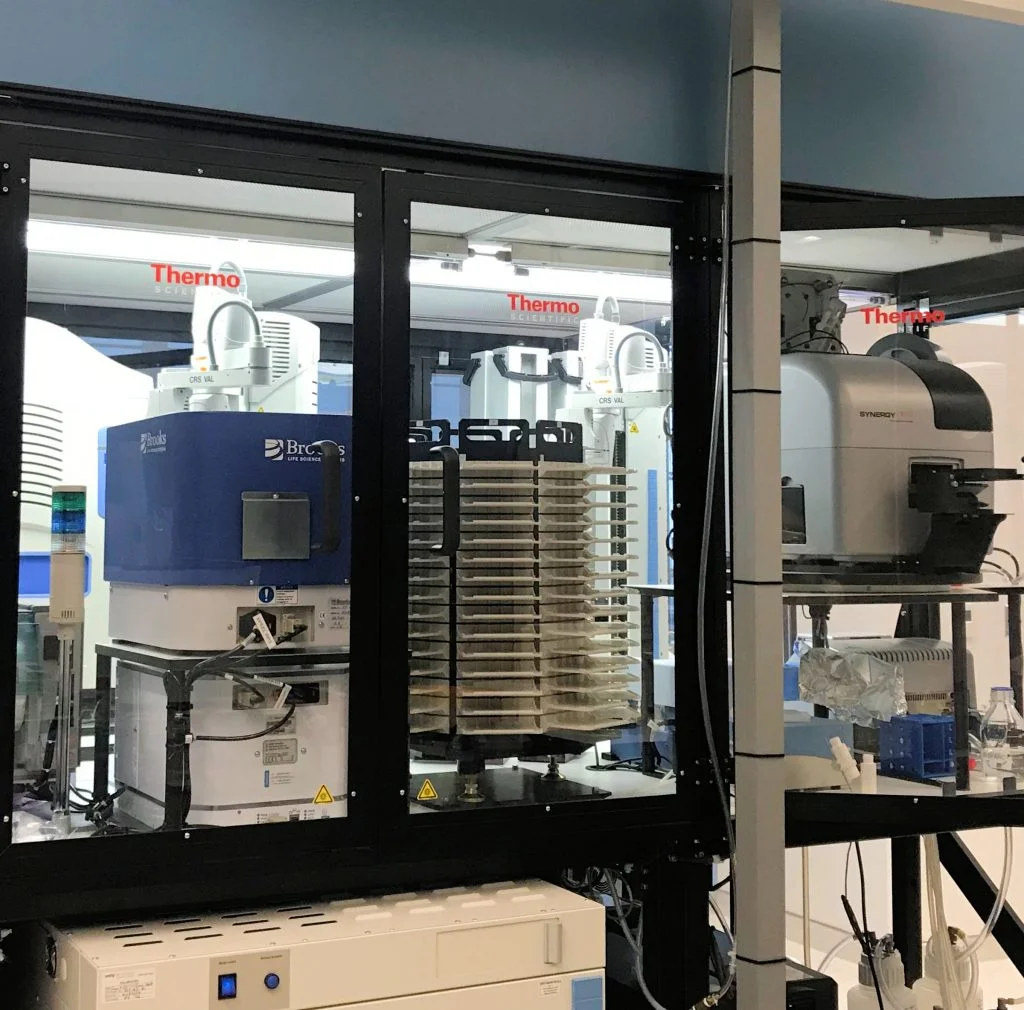The manufacturing of Active Pharmaceutical Ingredients APIs is a crucial component of the pharmaceutical industry, serving as the foundation for the development of various medicinal products. Ensuring the quality, safety, and efficacy of APIs is of paramount importance, and regulatory authorities worldwide continually update and refine the standards that manufacturers must adhere to. In recent years, the landscape of API manufacturing regulations has seen notable changes and advancements. One of the most significant developments in API manufacturing is the increasing emphasis on international harmonization. Organizations like the International Council for Harmonization ICH have been instrumental in promoting global alignment of regulatory requirements. The guideline, which focuses on Good Manufacturing Practice GMP for APIs, plays a central role in this harmonization effort. It provides a framework for ensuring the quality and safety of APIs throughout their lifecycle, from development to commercial production. This guideline helps manufacturers navigate the complexities of global markets, simplifying compliance efforts and reducing duplication of inspections.
Additionally, regulatory agencies in various regions have been working towards mutual recognition of GMP inspections, streamlining the process for manufacturers and promoting transparency. The U.S. Food and Drug Administration FDA, the European Medicines Agency EMA, and other regulatory bodies have been collaborating to assess each other’s inspection programs. This cooperative approach not only enhances the efficiency of inspections but also builds confidence in the safety and quality of APIs in the global pharmaceutical market. Another crucial aspect of regulatory updates in API manufacturing is the emphasis on risk-based quality management. The concept of Quality by Design has gained prominence, encouraging manufacturers to proactively identify and mitigate potential risks in the manufacturing process. This approach requires a comprehensive understanding of the API, its critical attributes, and the processes involved in its production. By focusing on critical quality attributes CQAs and critical process parameters CPPs, manufacturers can design more robust processes that result in consistent API quality. Manufacturers that embrace these evolving standards not only enhance their global competitiveness but also contribute to the development of safer and more sustainable medicinal products.

Regulatory agencies are also becoming increasingly vigilant about data integrity in API manufacturing. In recent years, there have been several high-profile cases of data manipulation and falsification in the pharmaceutical industry. As a response, regulators have heightened their scrutiny of data management practices and electronic recordkeeping systems. Manufacturers must ensure that data is accurate, complete, and secure throughout the API Manufacturing Process. Implementing data integrity measures, such as audit trails and access controls, is essential to compliance with these evolving standards. Environmental sustainability is another area where API manufacturing standards have evolved. As the world becomes more environmentally conscious, regulators are pushing for cleaner and more sustainable manufacturing practices. Manufacturers are encouraged to adopt green chemistry principles, reduce waste, and minimize the environmental impact of their processes. This not only aligns with the global push for sustainability but can also lead to cost savings and improved public perception. These systems offer advantages in terms of flexibility, efficiency, and real-time quality control. Regulators are working to develop guidelines and standards for continuous manufacturing, which is seen as the future of API production.